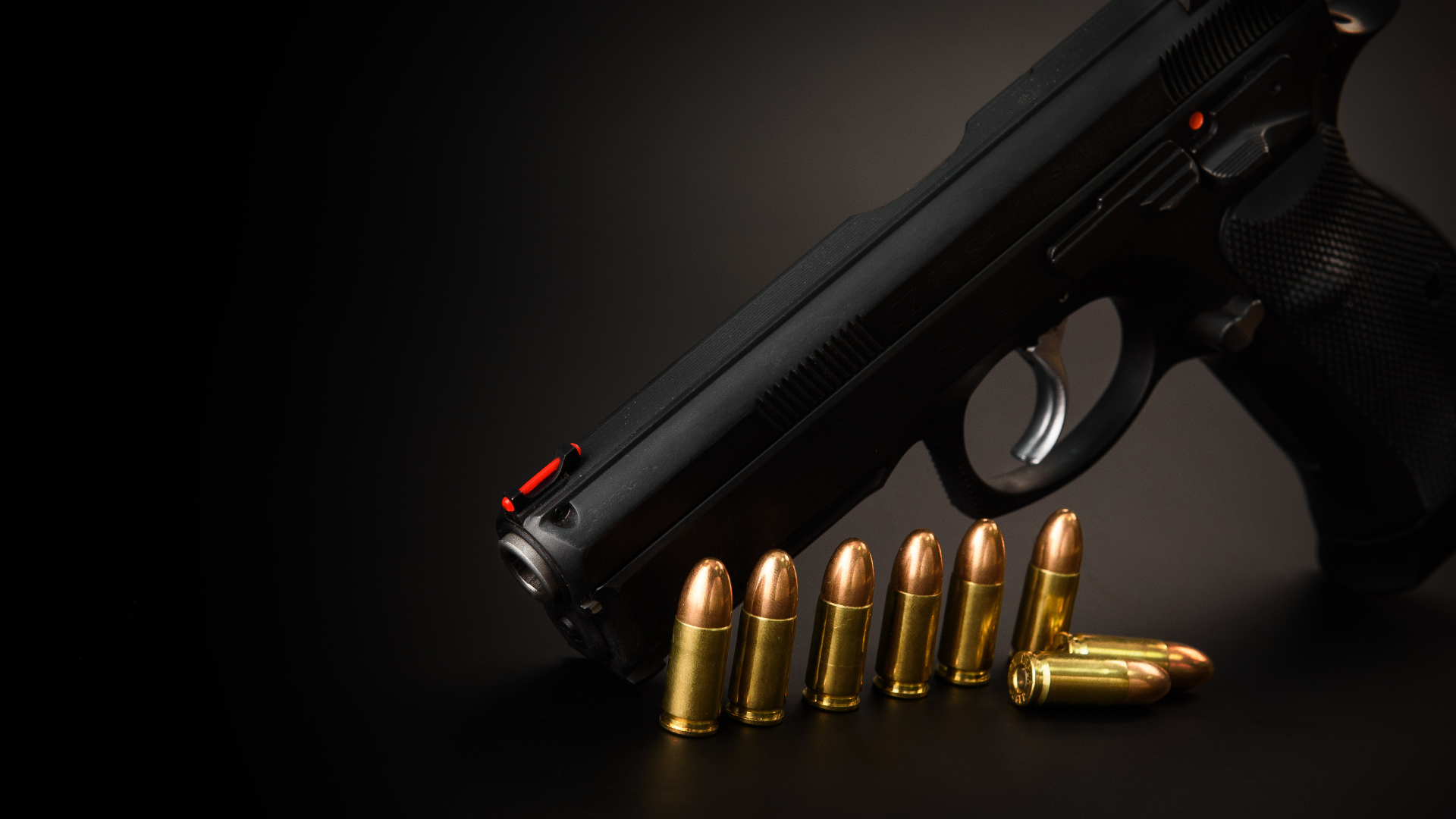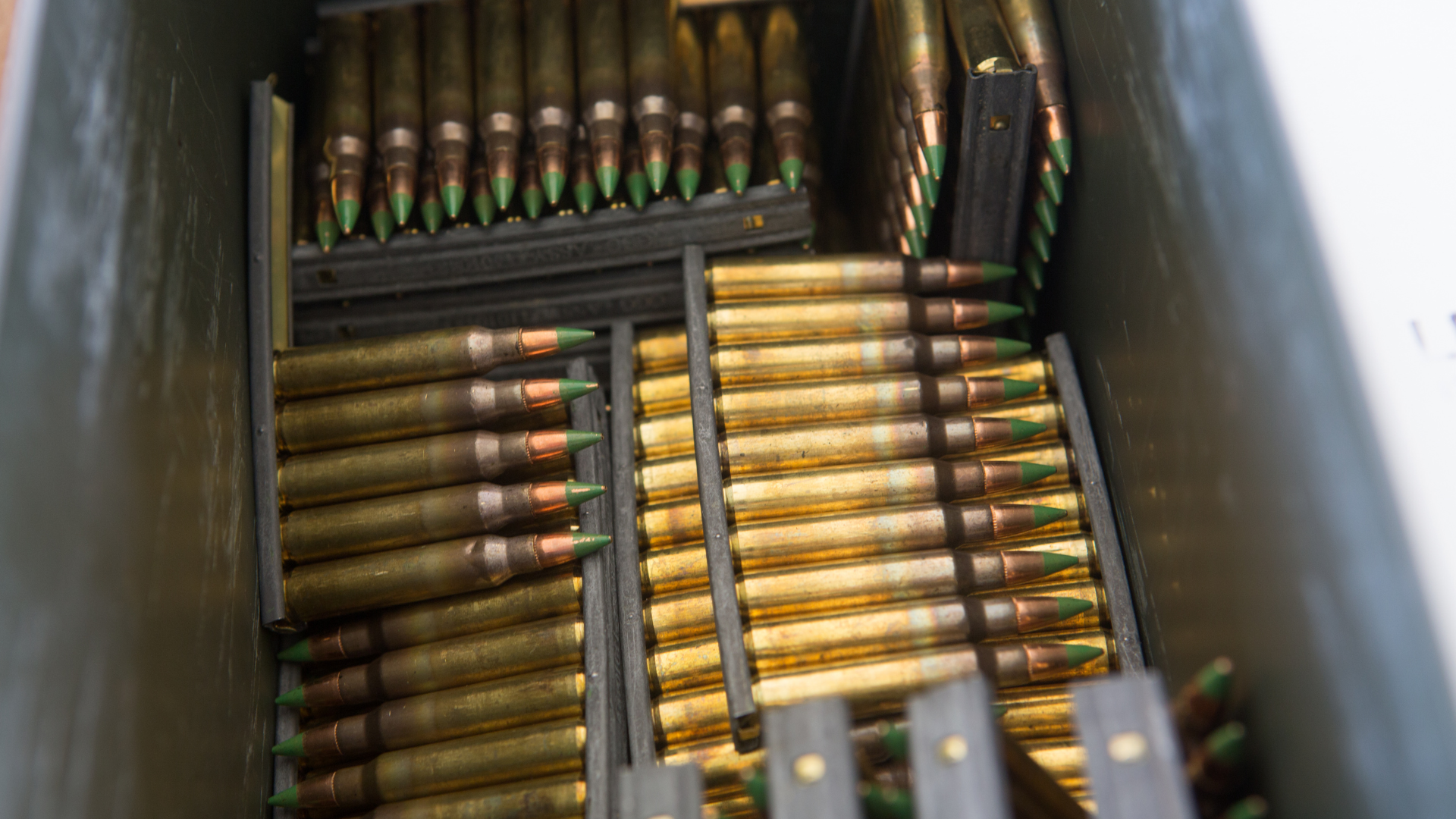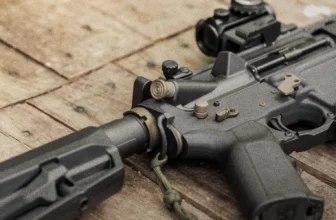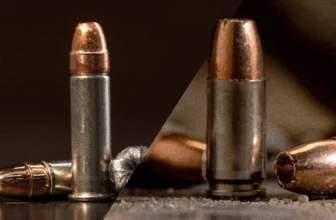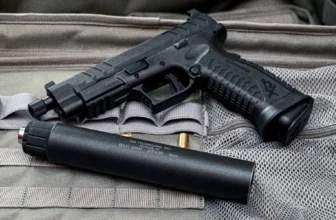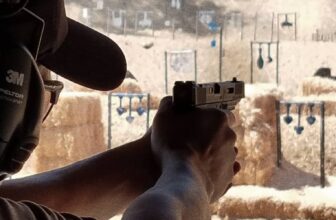Find out everything you need to know about jacketed soft-point bullets for hunting. Learn about the history of these types of bullets, how they are used, and if there is any reason why you should or shouldn’t use them when going on a hunt
Looking to buy some Jacketed Soft Point ammo for your next hunting trip? In this article, we’ll discuss everything you need to know about these types of bullets. We’ll start by talking about the history of soft point ammo and how it has evolved over the years. Then, we’ll move on to discussing the advantages and drawbacks of using Jacketed Soft Point ammo. Finally, we’ll give you our opinion on whether or not you should use this type of ammo for your next hunt.
History of JHP ammo
Jacketed Hollow Point (JHP) ammo was first developed in the late 19th century. The original purpose of this type of ammunition was to create a bullet that would expand upon impact with a target, creating greater damage. This is the same principle that modern Jacketed Soft Point (JSP) bullets use today. Over the years, JSP ammo has become increasingly popular among hunters due to its higher accuracy and lethality on game animals.
How are JHP bullets made?
Jacketed Soft Point ammunition is made from a soft lead core that is encased in an outer jacket of harder metal. The Jacket helps to prevent the bullet from deforming upon impact and provides extra accuracy at longer ranges.
Advantages of Jacketed Soft Point ammunition
As we said in the paragraph above, one of the biggest advantages of using Jacketed Soft Point ammo is its increased accuracy and lethality. This type of ammunition has a higher velocity than regular FMJ bullets, allowing it to penetrate deeper into the target. Additionally, due to the Jacket’s design, JSP ammo typically expands upon impact with the target creating a larger wound channel which can cause more damage. Lastly, Jacketed Soft Point ammunition also offers less recoil compared to other types of ammo, making it easier to shoot accurately.
Drawbacks of Jacketed Soft Point ammunition
The main drawback of Jacketed Soft Point ammo is that it is more prone to ricocheting off hard surfaces than Jacketed Hollow Points. This means that if you are hunting in an area with a lot of rocks or other hard surfaces, you may want to opt for JHP ammo instead. Additionally, Jacketed Soft Point bullets tend to cost more money than their Jacketed Hollow Point counterparts.
Conclusion
Overall, Jacketed Soft Point ammunition is an excellent choice for hunters who are looking for increased accuracy and lethality on their target. The extra cost associated with these bullets may be off-putting for some shooters but the advantages far outweigh any potential drawbacks. If you’re looking for a reliable form of hunting ammunition that won’t let you down
